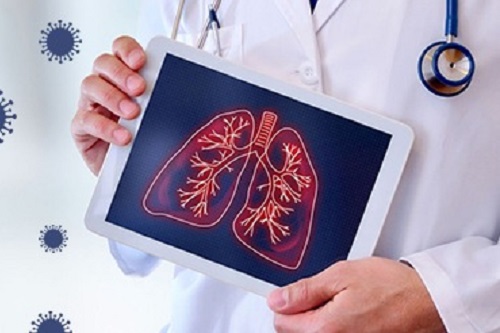Post Covid Care

Even after recovering from COVID-19, it’s crucial not to lower your guard, as an increasing number of individuals continue to experience symptoms post-recovery. COVID-19, caused by SARS-CoV-2, is a relatively new disease, and ongoing research continually updates our understanding of its course, particularly regarding “cured” patients.
While most individuals develop antibodies post-infection that can reduce the risk of reinfection, the duration of immunity remains uncertain. Instances of reinfection have been documented, underscoring the importance of post-COVID care, particularly for high-risk individuals or those unable to take adequate preventive measures.
Even after recovering from acute COVID-19 illness, some individuals may persistently experience symptoms such as fatigue, body aches, cough, sore throat, and difficulty breathing. Additionally, complications affecting organs like the lungs, kidneys, and heart, as well as the emergence of conditions like mucormycosis, a black fungal infection, have been observed in some patients.
Given these potential challenges, a comprehensive approach to follow-up care is essential for the well-being of post-COVID recovering patients.
- Consuming a well-rounded, nutrient-rich diet is crucial for accelerating recovery, emphasizing immune-boosting vitamins and minerals found in fruits, vegetables, eggs, and safe poultry.
- Given that some patients may encounter unexplained weight fluctuations, it’s essential to tailor calorie intake to meet individual nutritional needs.
- To prevent muscle loss and bolster respiratory muscle strength, it’s recommended to increase protein intake to 1.2-1.3 g/kg per day, along with augmenting supplementation of branched-chain amino acids by 50%.
Following a COVID-19 infection, your body remains weakened and vulnerable to infections and complications. Prioritizing proper rest and sleep can aid in faster recovery while avoiding overexertion.
Patients are advised to engage in breathing exercises to alleviate respiratory distress and congestion. The active cycle of breathing techniques (ACBT), supervised by a physiotherapist, can assist in clearing sputum from the chest.
It’s essential not to remain bedridden throughout the day; instead, patients should aim to sit in a chair for meals and engage in light activities such as short walks to enhance physical strength and function.
Incorporating therapeutic practices like yoga and meditation, including specific yoga-asanas like pranayama, can facilitate recovery and mitigate stress associated with COVID-19 infection.
Patients with respiratory symptoms such as pneumonia are advised to rest for a week or 10 days before gradually reintroducing exercise, while those with chronic cardiac issues should wait 2-3 weeks before resuming their pre-illness exercise routine.
